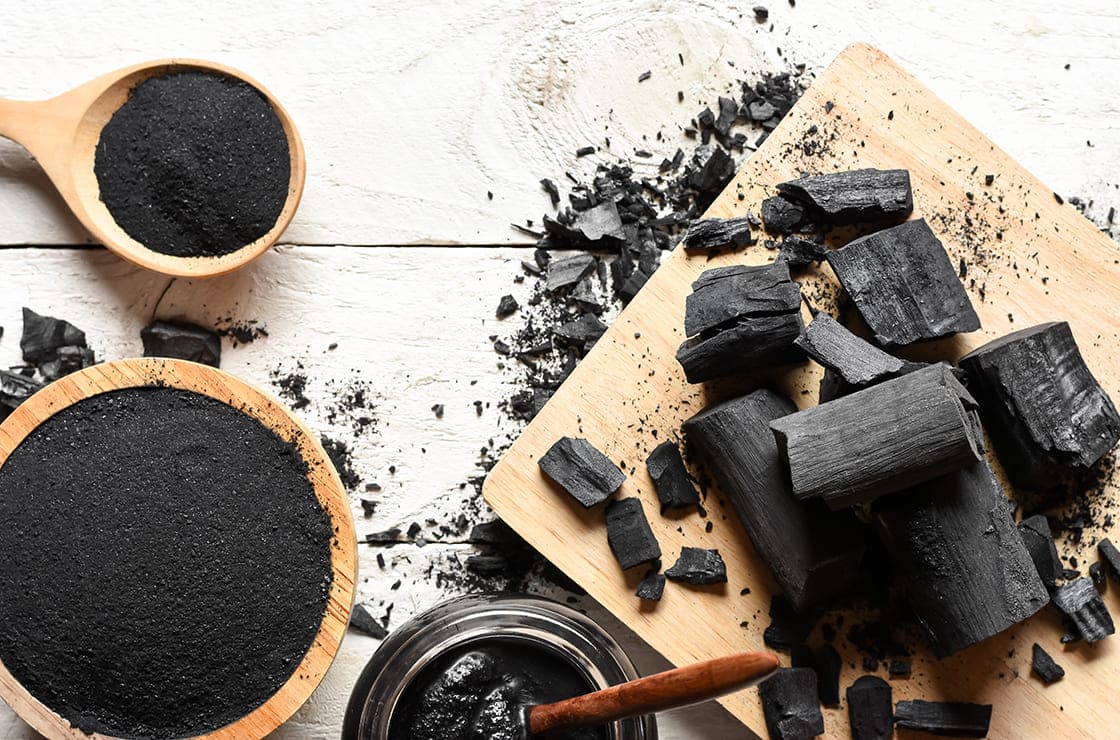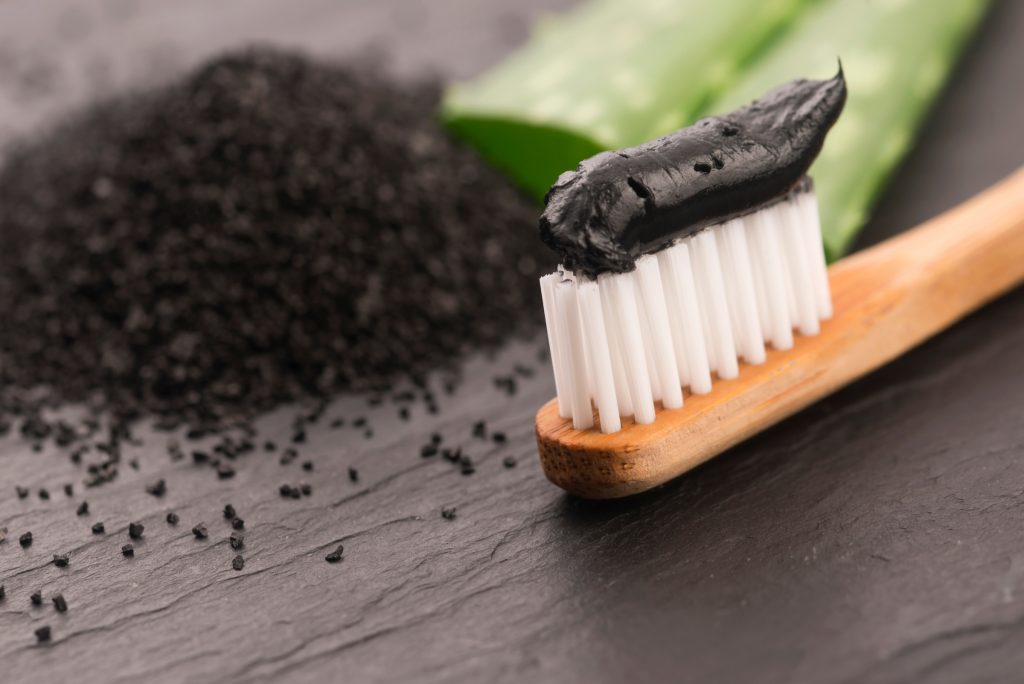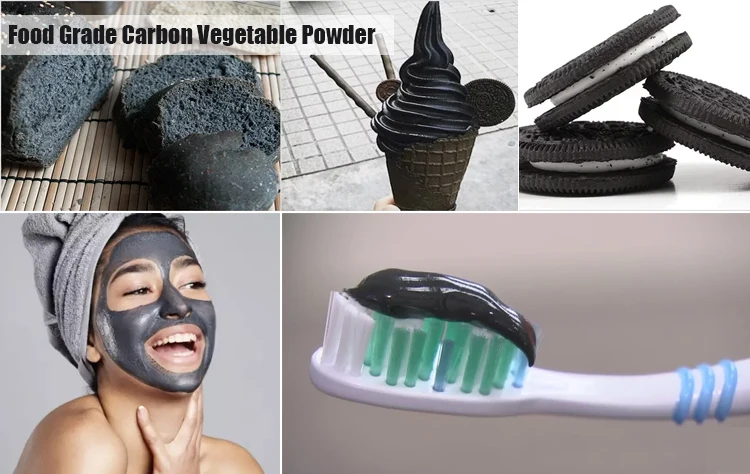What is E153 (Vegetable Carbon Black)?
The E153 is a food additive, which the European Union (EU) and Canadian authorities have approved. Vegetable carbon black is known with the code E153 and is used as food coloring in many foods. Carbon black, which is used to color foods such as various candies, beverages, processed foods, condiments and jams and jellies, is not recommended for health.
What is E153 (Vegetable Carbon Black)?
Vegetable carbon black is a type of natural edible color that is produced from plant materials such as coconut skin or from green bamboo, refined by the carbonization process at high temperature. Its production is through steam activation. Steam activation is achieved by charring vegetable fibers. To achieve this process, raw materials such as nut shells, peat, wood and cellulose residues are used.
Also, this natural color, known as E153, is a food additive approved by the European Union (EU). This product is available in both liquid and powder forms and in different codes, soluble in water and also soluble in oil. It has excellent heat and light stability and works well with other natural food colors for custom combinations or color shade adjustments. Its color range varies from gray to black depending on the amount of use.

Benefits
This product is utilized as a natural coloring agent in food products and frozen drinks.
The product is insoluble in water, which makes it suitable as a filtering aid or a clarifying agent. This, however, minimizes its usage in drink and food products.
Application Reference
| Food | Maximum Usage(g/kg) |
| Frozen Drinks | 5 |
| Candy | 5 |
| Cakes | 5 |
| Biscuit | 5 |
| Collagen Casings | According torequirement |

Common Uses
It is rarely utilized alone in food as it offers an intense black color. This color is suitable for specific varieties of confectionery like desserts or ice. Nevertheless, it can be used as a shading agent with other colours, hence increased color intensity.
This product has common uses like confectionery, decorations, cheese coating, cosmetics,pharmaceuticals, bakery products, and black caviar substitute.
Products such as jam crystals, jelly crystals, and liquorice are among the food and drinks come under its category .
An excellent example of vegetable carbon in drinks is where Alex Kratena at London's Artesian bar incorporated vegetable ash on his Dream to a dream cocktail.

Is E153 Vegan?
The short answer is yes, E153 is generally considered vegan because it is derived from plant-based sources. However, there are some nuances that strict vegans should consider:
1. Processing Methods
While the raw material is plant-based, some manufacturers might process E153 using non-vegan methods. For example:
Some production facilities might use animal-derived filtering agents.
Cross-contamination with non-vegan ingredients is possible in shared production environments.
2. Additives in Final Products
Although pure vegetable carbon black is vegan, some food products containing E153 may include other non-vegan ingredients such as:
Gelatin (often found in licorice and some confectionery items)
Milk-derived additives (used in certain processed foods)
Shellac or beeswax (used in coatings for glossy candies and pills)
3. Certification Matters
If you follow a strict vegan diet, it’s best to check for vegan certification on the product packaging or contact the manufacturer to confirm the production process.

Conclusion
E153 (Vegetable Carbon Black) is a plant-based natural food coloring widely used in the food, cosmetic, and pharmaceutical industries. While it is generally considered vegan, strict vegans should check for certifications and verify processing methods to ensure there are no animal-derived components involved.
From a safety perspective, E153 is approved in many countries but banned in the U.S. due to PAH contamination concerns. If you prefer natural alternatives, there are several vegan-friendly black colorants available.
As consumer demand for cleaner, plant-based ingredients grows, it is always best to research food additives and make informed choices. If you’re ever in doubt, opt for products with vegan certifications and avoid unnecessary food additives.
References
European Food Safety Authority (EFSA). "Scientific Opinion on the Re-evaluation of Vegetable Carbon (E153) as a Food Additive." EFSA Journal, 2012.
U.S. Food and Drug Administration (FDA). "Food Additive Status List." FDA, 2023.
Australian Government Department of Health. "Food Additive Permissions and Safety Assessments." FSANZ, 2022.
European Commission. "Regulation (EC) No 1333/2008 on Food Additives." Official Journal of the European Union, 2008.
National Cancer Institute. "Polycyclic Aromatic Hydrocarbons (PAHs) and Their Effects on Health." NCI, 2021.

